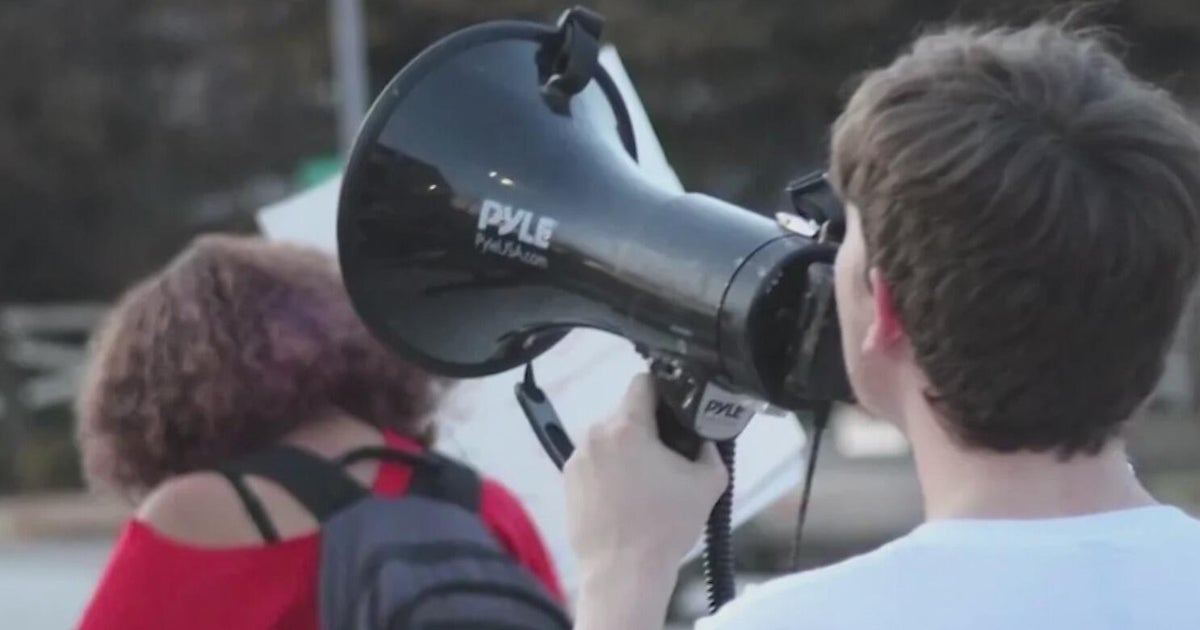Dakota Access pipeline protesters "going nowhere," despite evacuation order
Thousands of people protesting an oil pipeline in North Dakota said they will defy a mandatory evacuation order.
North Dakota’s governor called winter weather conditions at camp “life threatening” and ordered protesters to leave. The area has gotten at least 10 inches of snow since Monday.
North Dakota winters are harsh, but the Native Americans who live on the Sioux Reservation are used to it. What they won’t stand for is the multi-billion-dollar Dakota Access pipeline project desecrating their land, reports CBS News correspondent Michelle Miller.
Hunkered down at camp, Phyllis Bald Eagle and Amos Cook say they are not leaving.
“We’re not planning on going nowhere until we accomplish what we came here to do,” Cook said.
Like them, there’s an estimated 10,000 people on the North Dakota prairie land, holed up in makeshift camps of tepees and tents.
Warning of “harsh winter conditions” on the land, North Dakota’s governor said the property is “under the proprietary jurisdiction” of the Army Corps of Engineers.
“Being outside exposed to the elements for long periods of time... does bring in life-threatening conditions,” Morton County Sheriff Kyle Kirchmeier said in a video released Monday.
John Bigelow represents the Seven Council Fires camp.
“Inside here, it’s warm,” Bigelow said. “We are going to stand up and say, ‘No, this has been 500 years of oppression and it has to stop now.’”
- Dakota Access pipeline protesters crowdsource for $5,000, get $1 million
- Journalist shot with rubber bullets during N.D. pipeline protests
Expected to carry crude oil from the Bakken oil field to Illinois, the roughly 1,200-mile Dakota Access pipeline is nearly complete except for a section under the Missouri River, near the encampment.
The fight over the $3.8 billion project has caused a bridge blockade on a main road.
The chairman of the Standing Rock Sioux Tribe said because of the closure, emergency services can’t get through, and that’s a liability in itself.
“If everyone is worried about safety, the best thing to do is take this blockade down.” David Archambault said.
Retired police officer and U.S. Marine veteran Michael Wood Jr. said help is on the way.
“We have created an entire military battalion in less than three weeks,” Wood said.
He said more than 2,500 unarmed vets are mobilizing to stand between police and protesters.
“This is your fight that if you don’t take up and you don’t promote and stand up for it now, you end up saying, ‘Why am I being run through? Why do I have lead in my water? Why is my water poisoned? Why do I have to do move?’” Wood said. “It’s because you failed to stand and act now.”
Despite the evacuation orders, the Army Corps of Engineers and the local sheriff department said they will not forcibly remove any of the protesters from the camps.



